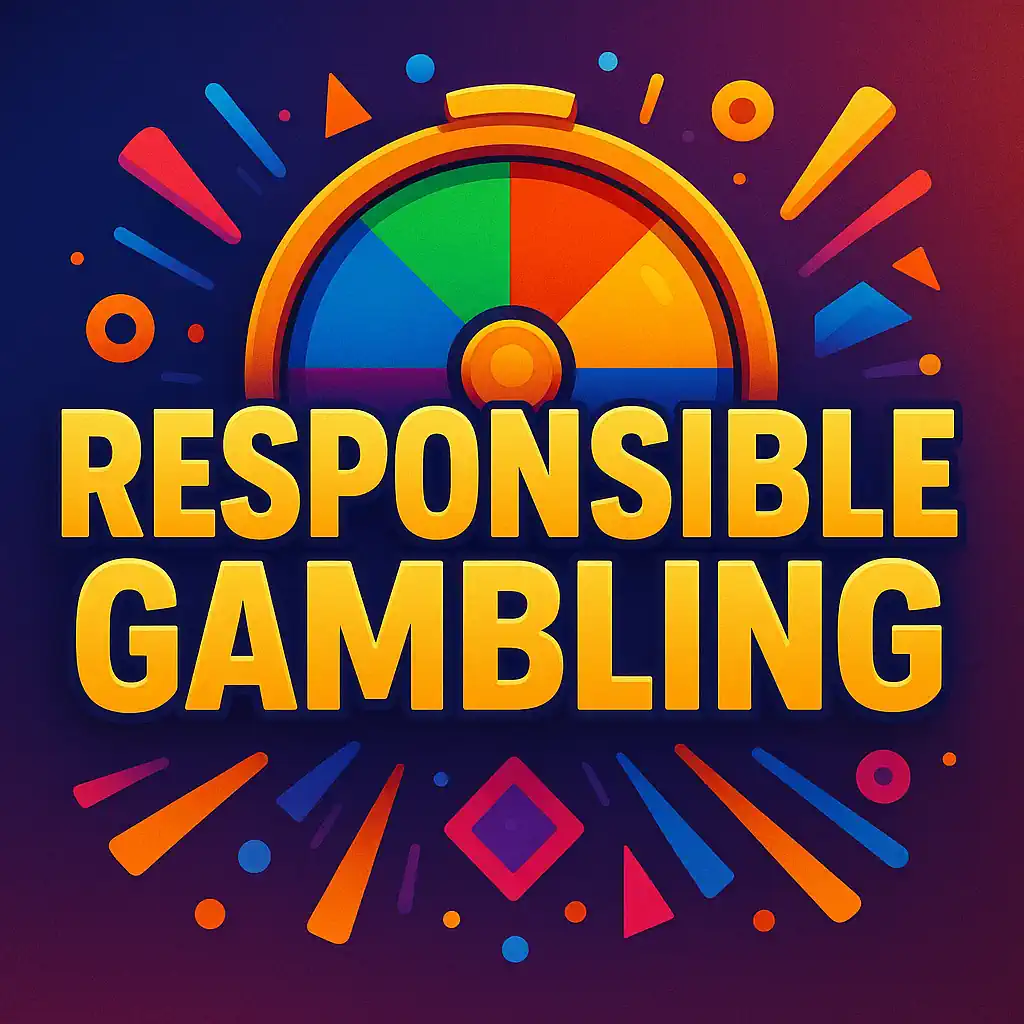
Why Responsible Gambling Matters in India
Gambling has always carried a double face. On one side, it’s entertainment: a few rounds on a colorful wheel, a weekend bet with friends, or the thrill of a game show like Crazy Time. On the other, if left unchecked, it can slide into something heavier — sleepless nights, financial stress, even damaged relationships. In India, where conversations about gambling are still wrapped in taboo and half-truths, talking about responsibility is not just helpful. It’s essential.
Responsible gambling doesn’t mean removing the fun. It means keeping the fun in its lane. It’s about knowing when to play and when to pause, about treating games as games — not as shortcuts to income. In fact, some of the healthiest gamblers I’ve met treat their play like they treat a movie ticket or cricket match: an expense for entertainment, nothing more. The moment the line blurs into chasing losses or thinking “one big win will fix everything,” that’s where risk starts to bite.
Recognizing the Warning Signs
The tricky part? Gambling problems rarely announce themselves. They sneak in. It starts with one more spin, one more deposit, one more excuse to stay online past midnight. The rush of near-misses or small wins keeps the cycle turning. If you ever feel restless when not playing, if your budget keeps stretching beyond what you can afford, or if you find yourself hiding the habit from family — those are signals worth taking seriously.
Here are some common signs that gambling may be slipping from fun into risky territory:
- Spending more money or time than planned.
- Chasing losses with “just one more try.”
- Feeling anxious or irritable when not playing.
- Borrowing money to gamble.
- Hiding gambling activity from friends or family.
Spotting these signs early can make all the difference. The earlier you acknowledge them, the easier it is to step back before the habit hardens into addiction.
Setting Limits Before You Play
The most powerful tool a gambler has is not luck — it’s limits. Setting them before you start is like fastening a seatbelt before hitting the highway. You hope you’ll never need it, but when things swerve, it saves you.
A simple way to keep gambling safe is to set three types of limits:
- Time limit – Decide how many hours you’ll play, and stick to it. Use alarms if needed.
- Money limit – Only gamble with disposable income, never rent or savings. Set a fixed budget for the week or month.
- Emotional limit – If you’re upset, tired, or stressed, skip gambling. Playing in that state clouds judgment.
Many modern gaming platforms now allow you to set deposit limits, cooling-off periods, or even self-exclusion options. Use them — they exist to help, not to judge.
Cultural Context: Gambling in India
In India, gambling occupies a strange cultural position. On one hand, there are traditional games of chance tied to festivals like Diwali, where families play Teen Patti or rummy late into the night. On the other, there are strict legal boundaries around betting and casinos. Add the explosion of online platforms, and suddenly the landscape is both more accessible and more confusing than ever.
This makes responsible gambling even more important. With smartphones in every hand and instant digital payments, the barrier to entry has nearly vanished. That’s why the responsibility has shifted onto players to know their limits, educate themselves, and take proactive steps to keep gaming safe.
Practical Tips for Staying in Control
Think of responsible gambling as a toolkit. Not everything will fit everyone, but even one or two strong tools can make a difference.
- Keep gambling money separate. Use a separate account or wallet for gaming. When it runs out, stop.
- Take regular breaks. Even short pauses help reset perspective.
- Play for entertainment. The goal is enjoyment, not income. If you start thinking of gambling as a job, step away.
- Track your wins and losses. Writing them down can be sobering — it’s easy to forget the quiet losses and only remember the highlights.
- Talk about it. If you feel things getting heavy, confide in a friend, family member, or support service.
Table: Quick Reference Guide for Responsible Gambling
| Tip | Why It Works | How to Apply It |
|---|---|---|
| Set a money limit | Prevents overspending | Fix a budget before play and don’t exceed it |
| Time tracking | Stops endless sessions | Use a timer or app reminders |
| Separate funds | Keeps finances clear | Dedicated wallet/account just for gaming |
| Cooling-off breaks | Reduces impulse play | Step away every 30–60 minutes |
| Talk openly | Breaks secrecy cycle | Share with someone you trust |
Where to Get Help in India
India doesn’t yet have as many formal support structures for gambling addiction as some Western countries, but resources are growing. Many mental health professionals now include gaming addiction in their practice. Helplines for stress, anxiety, or addiction can also be a lifeline.
If you ever feel your gambling is no longer in your control, reaching out is not weakness — it’s the bravest step. International groups like Gamblers Anonymous have online meetings, and platforms like NIMHANS in Bengaluru provide mental health support that includes behavioral addictions.
Final Word
At Crazy Time India, we believe gaming should be colorful, thrilling, and fun — never a source of harm. Responsible gambling is not about restriction. It’s about freedom: the freedom to enjoy games without them spilling into parts of life where they don’t belong. Play smart, know your limits, and remember — the best win is walking away with your balance, your peace of mind, and your smile intact.
